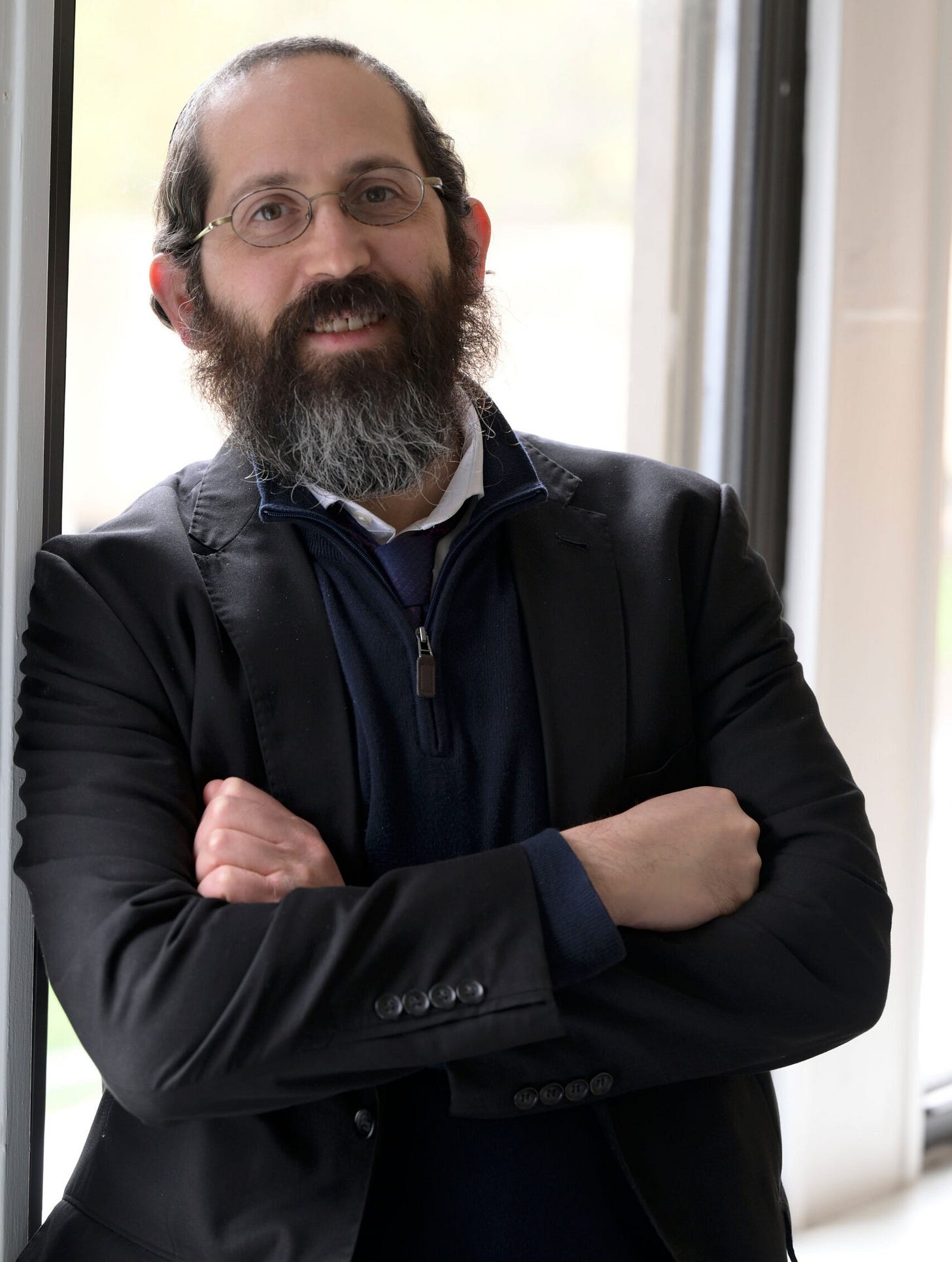Communication Mistakes We've Made and Learned from to Benefit
How past frustrations can influence how we interact and can learn
It’s difficult in a moment or habit to recognize a communication mistake we’re making or just made. This means we’re not learning, correcting errors and preventing future problems in interactions. Sometimes, however, we do see, learn and benefit from it.
"My frustration made me defensive instead of curious,” wrote Roberto Ferraro, a project leader, coach and visual creator, in a Substack Note.
"The feedback the person gave me: 'Running people off is wrong and unprofessional. Better to ask instead of assume.”
This inspired him towards helpful thinking and a conclusion as a remedy.
"What I should have asked: 'What made you curious... ?'“ wrote Ferraro, who publishes Journal of Discoveries.
"The lesson: past patterns can cloud our judgment,” he decided. “My job as a communicator is to precisely explore curiosity, not shut it down.”
This led him to ask two questions of his readers:
“Have you ever let past frustrations influence how you handle present situations? What communication mistakes have taught you the most?” he inquired.
“Early in my career, I worked in large organizations like General Dynamics and GP Strategies. In those environments, I learned to lead with a very direct, structured and professional tone, because that’s what was respected and expected,” says Rani Eng, who works in strategy, operations and leadership; primarily in the government, tech and defense sectors and is president at We the Future Coalition.
“It helped me establish credibility and be taken seriously. But when I shifted into smaller, more entrepreneurial companies, I carried those same patterns with me and it backfired.”
She explained the problem it created.
“What came across as clear and competent in a big corporate setting was seen as overly formal or even escalatory in a smaller team,” Eng says.
The conclusion she reached didn’t come easily or quickly yet clarity did develop.
“It took some real reflection to realize that I wasn’t adjusting my communication style to fit the environment,” she says. “That was a big lesson: past experience is valuable, but context is everything.”
“Past frustrations have informed my reactivity,” says Shlomo Slatkin, a counselor and relationship therapist and, along with his wife, head of The Marriage Restoration Project.
“Experiences impact how we look at others, the assumptions we develop and our frustration tolerance. We create a story in our head and are often unable to see the situation in front of us; rather, we try to conform the facts to our narrative.
“This is usually unhelpful.”
What was Learned
“One of the biggest mistakes I made was assuming that being polished and prepared meant I was being effective,” Eng says. “Communication isn’t just about delivering a message, it’s about creating connection.
“I learned that my tone, my word choice, even my posture could change how people received me. The shift from ‘here’s the answer’ to ‘let’s solve this together’ was subtle but powerful. It’s something I continue to work on, especially in high-stakes or fast-moving situations.”
The Strength and Wisdom of the Pause
“I have learned to listen first,” Slatkin says.
“In my youth, I may have been more reactive and would get upset or assume without hearing the other person out. I have seen the power of the pause and really listening without jumping the gun.
“It is quite easy to make up a story and get worked up about it, when much of the time it is baseless or based on a false assumption.”
He provides an example
“We recently were asked by a vendor for a meeting to discuss a contract we had with them. We assumed the worst,” Slatkin says. “Instead of making a scene when we were called, we showed up for the meeting and listened to what they had to say. It turns out that someone had mixed us up with another vendor and the discussion was completely irrelevant.
“If we had been confrontational before we heard what they had to say, we would have unnecessarily burnt a bridge.”
Sometimes we witness other people promptly correct a serious communication mistake in a unique way that results in it leaving a positively memorable impression.
“I once watched a facilitator tell another facilitator how to completely change the energy in a room with a single phrase,” Eng remembers. “Instead of asking, ‘Does anyone have any questions?’ they said, ‘What questions do you have?’”
She explains how that worked so well.
“That shift from yes or no to an open invitation, completely changed the level of engagement in the room. It gave people permission to be curious. It made participation feel expected rather than optional,” Eng says.
“That one line changed how I run meetings, speak on panels and even how I parent. It was simple, but incredibly effective.”
This newsletter normally publishes Tuesday, Thursday and Sunday, with occasional articles on other days. To advertise, link to your business, sponsor an article or section of the newsletter or discuss your affiliate marketing program, contact CI.








I've gone into meetings ready for a fight, only to find out it was a mix-up, miscommunication or overhyped. Learning to pause instead of pounce has saved me more than once, Michael.
I hope you have a wonderful evening.